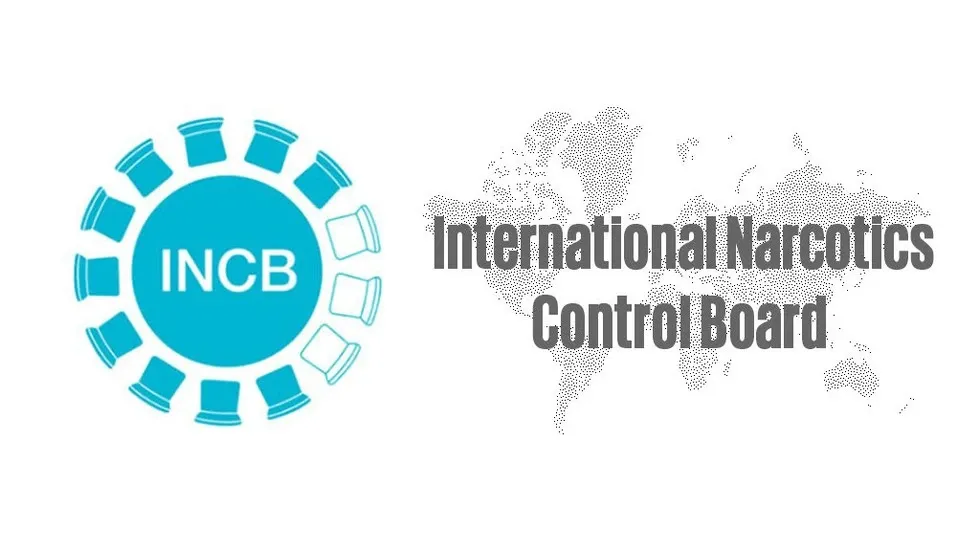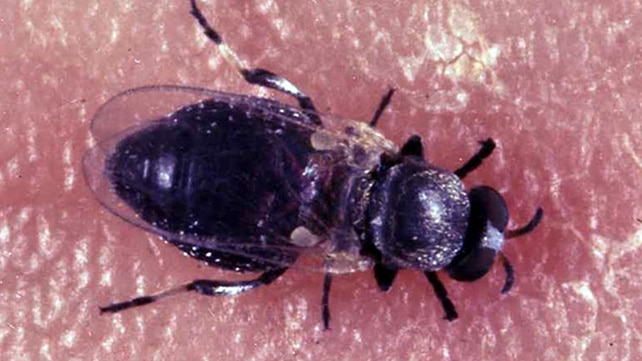About International Narcotics Control Board
- It was established in 1968 and is the independent and quasi-judicial monitoring body for the implementation of the United Nations international drug control conventions.
- History
- It was established by the Single Convention on Narcotic Drugs of 1961 by merging two bodies: the Permanent Central Narcotics Board, created by the 1925 International Opium Convention; and the Drug Supervisory Body, created by the 1931 Convention for Limiting the Manufacture and Regulating the Distribution of Narcotic Drugs.
- Members:
- It consists of 13 members who are elected by the Economic and Social Council and who serve in their capacity, not as government representatives.
- Three members with medical, pharmacological or pharmaceutical experience are elected from a list of persons nominated by the World Health Organization (WHO) and 10 members are elected from a list of persons nominated by Governments.
- Mandate: INCB endeavours in cooperation with Governments, to ensure that adequate supplies of drugs are available for medical and scientific uses and that the diversion of drugs from licit sources to illicit channels does not occur.
It also monitors Governments’ control over chemicals used in the illicit manufacture of drugs and assists them in preventing the diversion of those chemicals into illicit traffic.
Q: What Is the Narcotics Control Bureau?
It was created in March 1986 in terms of Section 4(3) of the Narcotic Drugs and Psychotropic Substances Act, 1985, which envisages a Central Authority for the purpose of effectively preventing and combating abuse of narcotic drugs and psychotropic substances and their illicit trade.
Source: India’s Jagjit Pavadia re-elected for a third term to the International Narcotics Control Board
Last updated on November, 2025
→ Check out the latest UPSC Syllabus 2026 here.
→ Join Vajiram & Ravi’s Interview Guidance Programme for expert help to crack your final UPSC stage.
→ UPSC Mains Result 2025 is now out.
→ UPSC Notification 2026 is scheduled to be released on January 14, 2026.
→ UPSC Calendar 2026 is released on 15th May, 2025.
→ The UPSC Vacancy 2025 were released 1129, out of which 979 were for UPSC CSE and remaining 150 are for UPSC IFoS.
→ UPSC Prelims 2026 will be conducted on 24th May, 2026 & UPSC Mains 2026 will be conducted on 21st August 2026.
→ The UPSC Selection Process is of 3 stages-Prelims, Mains and Interview.
→ UPSC Result 2024 is released with latest UPSC Marksheet 2024. Check Now!
→ UPSC Prelims Result 2025 is out now for the CSE held on 25 May 2025.
→ UPSC Toppers List 2024 is released now. Shakti Dubey is UPSC AIR 1 2024 Topper.
→ UPSC Prelims Question Paper 2025 and Unofficial Prelims Answer Key 2025 are available now.
→ UPSC Mains Question Paper 2025 is out for Essay, GS 1, 2, 3 & GS 4.
→ UPSC Mains Indian Language Question Paper 2025 is now out.
→ UPSC Mains Optional Question Paper 2025 is now out.
→ Also check Best IAS Coaching in Delhi

















